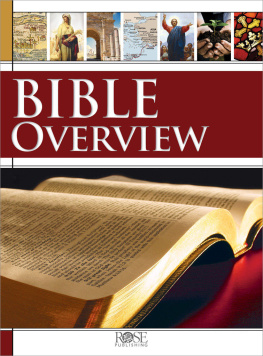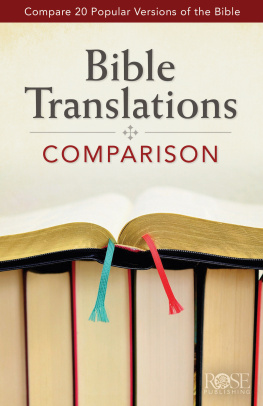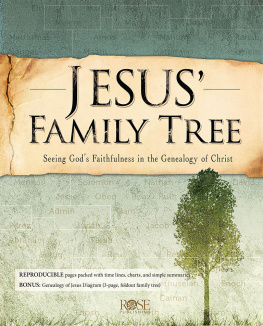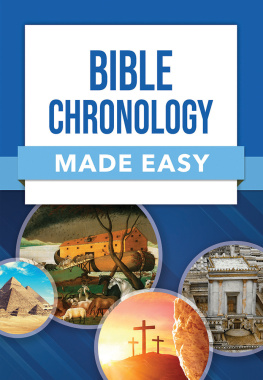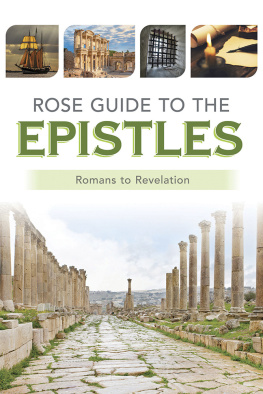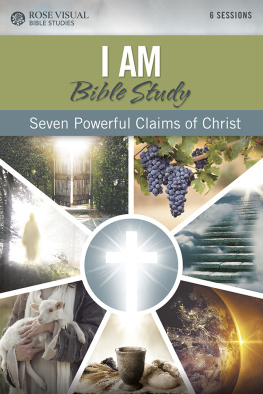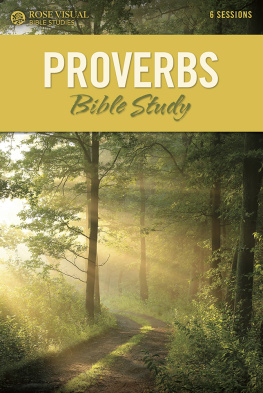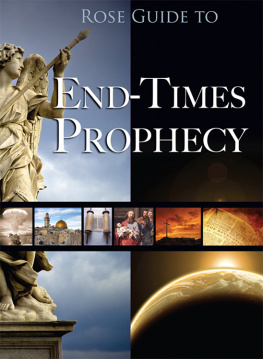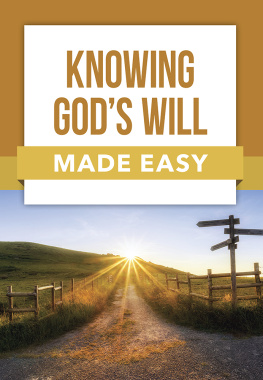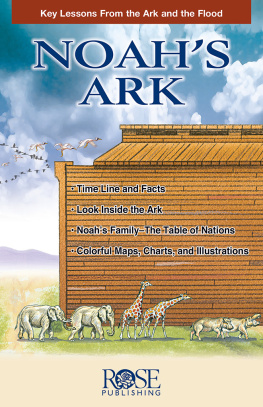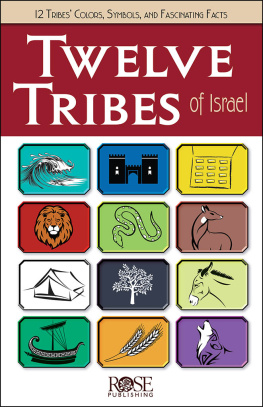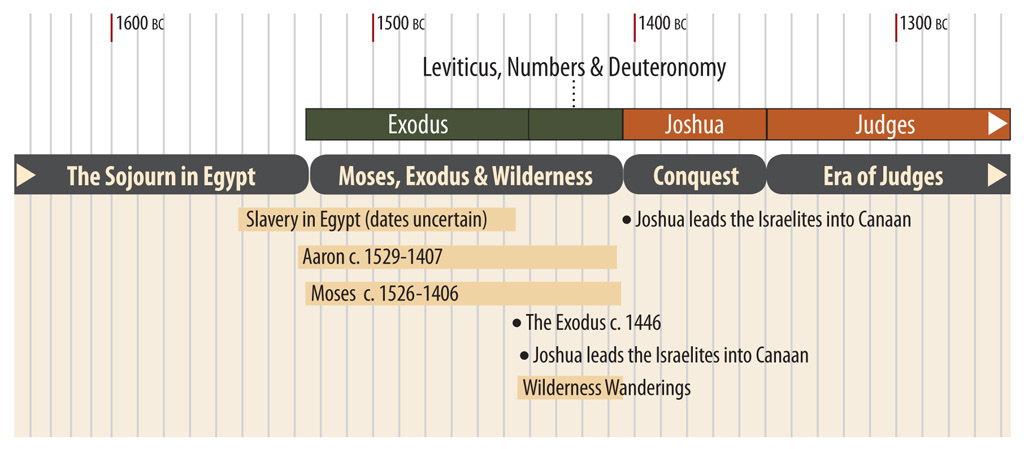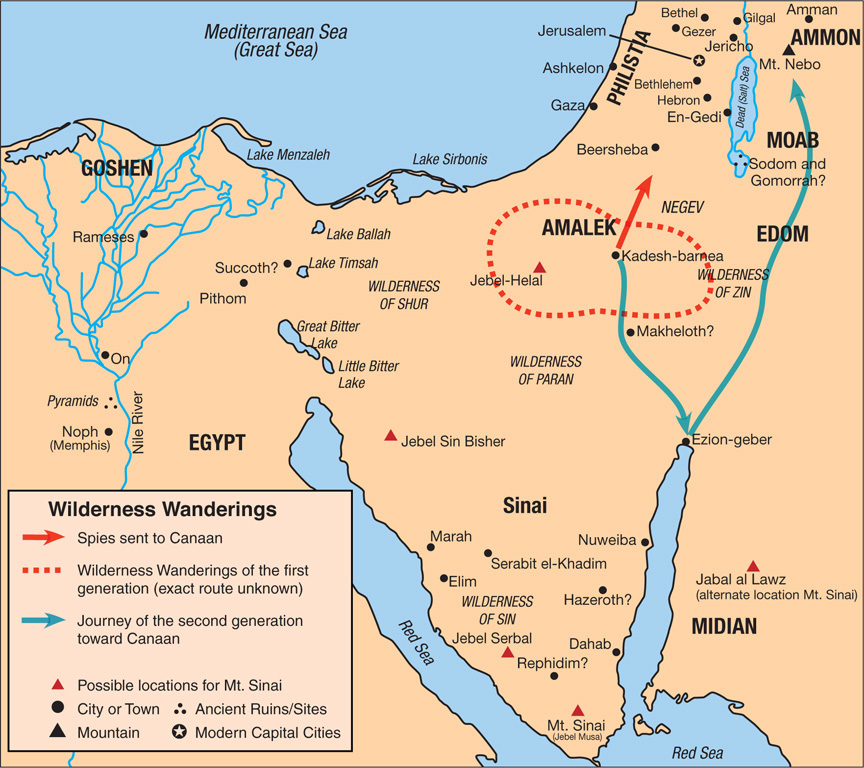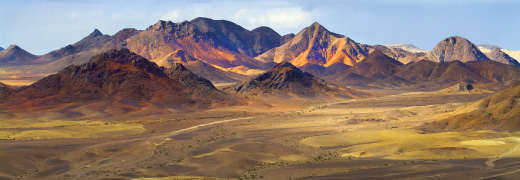
Sinai Wilderness
Purpose
Numbers is a story of rebellion and disobedience. Yet it is also a story of grace and mercy. Numbers narrates the years God's people spent traveling in the wilderness, depicting them as God's army advancing toward the Promised Land. Even when the people grumbled and rebelled, God's grace prevailed. The people were still punished for their rebellion, but God did not destroy them. Rather, he extended his grace to the coming generation.
Numbers
The English name of the book comes from the Greek translation, arithmoi , which means "numbers." It is a reference to the two censuses in the book (chapters 1 and 26). These were military censuses, rather than just population censuses. In Numbers, Israel is organized as a marching army, God's army.
1600 BC
Slavery in Egypt (dates uncertain)
Aaron c. 1529-1407
Moses c. 1526-1406
Abraham to the Sojourn in Egypt ends (~1525 BC )
Exodus begins (~1525 BC )
Moses, Exodus & Wilderness begins (~1525 BC )
1500 BC
The Exodus c. 1446
The "high" date for the exodus is 1446 BC . For a "low" date of the exodus at 1290 BC , the events from the exodus to the beginning of the era of the Judges would slide to the right 156 years compressing the dates of the Judges.
Ten Commandments and other laws given
Tabernacle built
Wilderness Wanderings
Exodus ends (~1440 BC )
Leviticus, Numbers, & Deuteronomy begins (~1440 BC )
Leviticus, Numbers, & Deuteronomy begins (~1405 BC )
Moses, Exodus & Wilderness ends (~1405 BC )
Joshua leads the Israelites into Canaan
Conquest begins (~1405 BC )
Joshua begins (~1405 BC )
1400 BC
Joshua ends (~1350 BC )
Conquest ends (~1350 BC )
Era of Judges begins (~1350 BC )
Judges begins (~1350 BC )
1300 BC
Outline
- The End of the Old Generation (125)
- First census (14)
- Regulations for purity and offerings (5:110:10)
- Israelites leave Sinai and grumble (10:1112:26)
- Twelve spies explore Canaan; the people rebel (1316)
- God instructs Moses and Aaron (1719)
- Israelites face challenges: thirst, venomous snakes, hostile nations (2025)
- The Birth of the New Generation (2636)
- Second census (26)
- Joshua commissioned to succeed Moses (27)
- Laws for offerings, feasts, and vows (2830)
- Israelites defeat their enemies (3132)
- Instructions for when the new generation enters the Promised Land (3336)
Background
Author: Although the book of Numbers does not name its author, Jewish and Christian tradition has accepted the author of Numbers (and the other four books of the Pentateuch) to be Moses.
Date: Moses would have written Numbers (and the rest of the Pentateuch) between 1446 BC (a possible date of the exodus) and 1406 BC (the date of Moses' death).
Setting: After the people take the first census of military age men, they leave Mount Sinai and travel toward the Promised Land. They camp in the desert of Paran, south of Judah in the northern part of the Sinai Peninsula, around Kadesh-barnea. But because they chose not to trust in God's promise and enter the land, the Israelites spent the next forty years wandering in the wilderness.
The Wilderness
In Numbers, the word wilderness is very important. In addition to the literal meaning (the Israelites had to cross the wilderness to get to the Promised Land), the concept of wilderness had a symbolic meaning as well. The wilderness was a place of danger, of death and barrenness, of chaos and darkness. It represented a life-negating reality that opposes God's life-giving will. The wilderness became a symbol of God's absence, of evil itself. On the other hand, the wilderness came to represent a place of transition, a place for meeting God. The tabernacle, and its surroundings, with God's presence, was a place of life, hope, order, and light.
Key People
Moses He continued to lead Israel from Sinai to the Promised Land. Along with the rest of the first generation, Moses was not allowed to enter the Promised Land.
Aaron He was Moses' brother. Despite his own failures in leadership and sin, God allowed Aaron to continue acting as Israel's high priest. During the journey, Aaron died and was greatly mourned.
Miriam She was Moses' sister. Despite Miriam's personal rebellion, God forgave her and restored her to the community. She also died during the wilderness wanderings.
Joshua He was one of the twelve spies that Moses sent into the land. After Moses' death, Joshua took over Moses' leadership role and led Israel into the Promised Land.
Caleb Along with Joshua, Caleb was the other spy who believed God and encouraged the Israelites to conquer the land, despite the odds. Caleb and Joshua were the only two people of the old generation who entered the Promised Land.
Eleazar He was a son of Aaron who became the next high priest after Aaron died.
Korah He led a rebellion against Moses and Aaron. God severely punished him along with his family.
Balaam He was a pagan prophet-for-hire who was under contract to curse Israel. Having been warned by God, Balaam could only bless Israel.
Key Verses
The L ORD bless you and keep you; the L ORD make his face shine on you and be gracious to you; the L ORD turn his face toward you and give you peace. Num. 6:2426
The L ORD is slow to anger, abounding in love and forgiving sin and rebellion. Yet he does not leave the guilty unpunished; he punishes the children for the sin of the parents to the third and fourth generation. Num. 14:18
I see him, but not now; I behold him, but not near. A star will come out of Jacob; a scepter will rise out of Israel. Num. 24:17
Being God's People
Then: In Exodus, God had promised the Israelites that he would be with them on their way to the Promised Land (Ex. 33:14). In Numbers, we see that despite Israel's unfaithfulness and hardness of heart, God remained faithful to that promise. His presence remained with Israel, and his protection and provision followed them through the wilderness (for example, Num. 11:2123, 3132). Even in the middle of the wilderness, when everything seemed chaotic, dark, and hopeless, God's grace continued to offer new possibilities for the future.
Now: Traveling through the wilderness of life can often be a grueling test to our faith, and it's all too natural to respond with anger. But journeying through these difficulties remind us that we must depend on God and trust that he will be faithful to his promises to us.
Census
The census numbers report a fighting force of 600,000, which would suggest a general population of over 2 million. Such a large population, wandering in the desert for forty years, would require a miracle to be supported. And that's precisely what happened. God miraculously provided for the Israelites through their journey.

